2021 Round B Grant Recipients
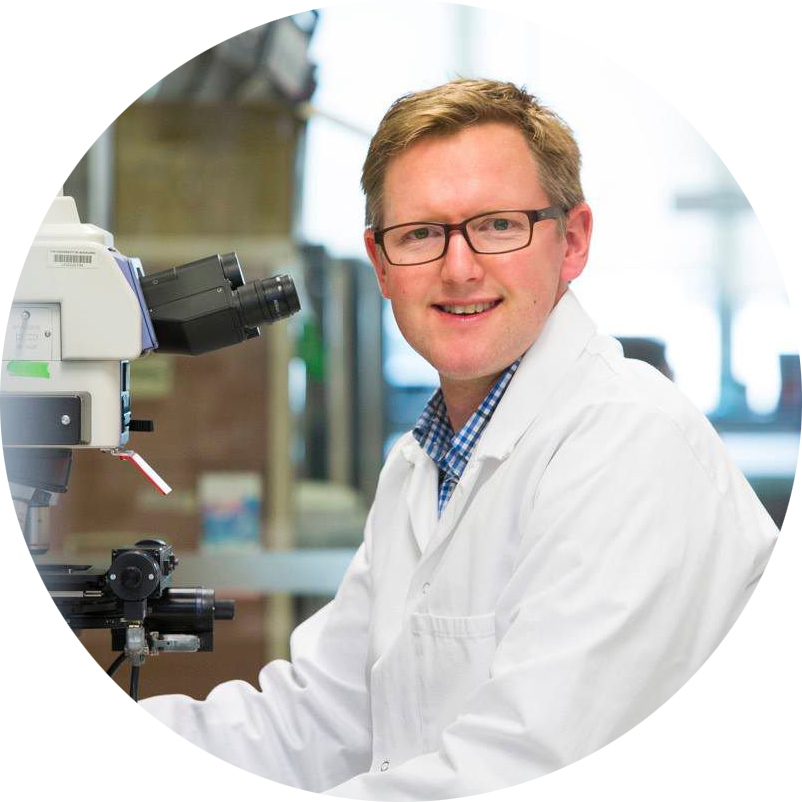
University of Auckland
$243,020
FTDGeNZ: Identifying pre-symptomatic biomarkers of dementia
The key to combating dementia is early detection. One way to identify early biomarkers is to study people with genetic mutations that will cause dementia in the future. The New Zealand Genetic Frontotemporal Dementia Study (FTDGeNZ) is an established study of a family with genetic frontotemporal dementia. They are studying people in this family decades before they are expected to develop dementia symptoms, to identify the earliest changes in a range of potential biomarkers. The rationale is that these biomarkers will identify dementia in its earliest stages in the general population, so that early intervention is possible.

Starship Clinical Research Operations
$229,635
Maternal Psoriasis and Infant Neurodevelopmental Outcomes - A Clinical and Mechanistic Study
Neurodevelopmental disorders such as autism spectrum disorder, attention deficit/hyperactivity disorder, and tic disorders affect one in six children, and are caused by a combination of genetic and environmental factors. Early studies suggest maternal psoriasis and inflammation in pregnancy may affect brain development in utero. This study will investigate the neurodevelopment of children born to mothers with psoriasis and inflammatory and gene regulatory pathways that may be affected in these children. Psoriasis and inflammation are treatable and common conditions, and understanding whether they affect fetal neurodevelopment is important in the prevention and treatment of neurodevelopmental disorders.
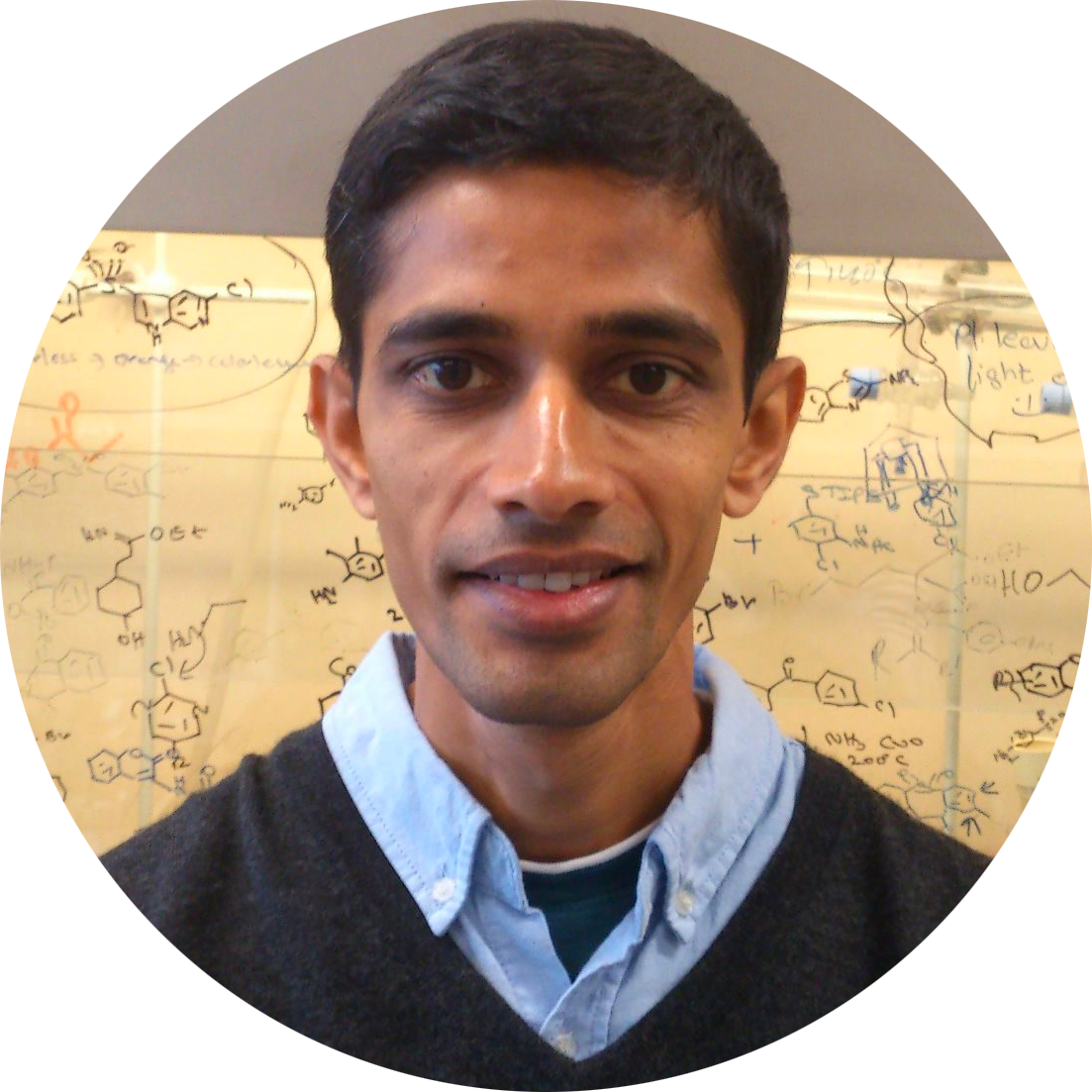
University of Auckland
$253,257
Development of high-grade glioma targeted therapy to address tumour heterogeneity and recurrence
High-grade glioma affects on average 36 New Zealanders every year with a dismal five-year survival of 6%, which has only improved marginally in decades. Tumour heterogeneity and the presence of the blood-brain barrier (BBB) limit the efficacy of most chemotherapy agents. This team are designing drug-dye conjugates that can cross the BBB, target multiple pathways affected, and specifically accumulate in tumours. They have already shown one such drug-dye conjugate to cross the BBB and specifically accumulate in brain tumours in an orthotopic glioblastoma model in mice. This strategy delivers desired drug concentration at the tumour site to elicit antitumour activity without the undesired side effects.
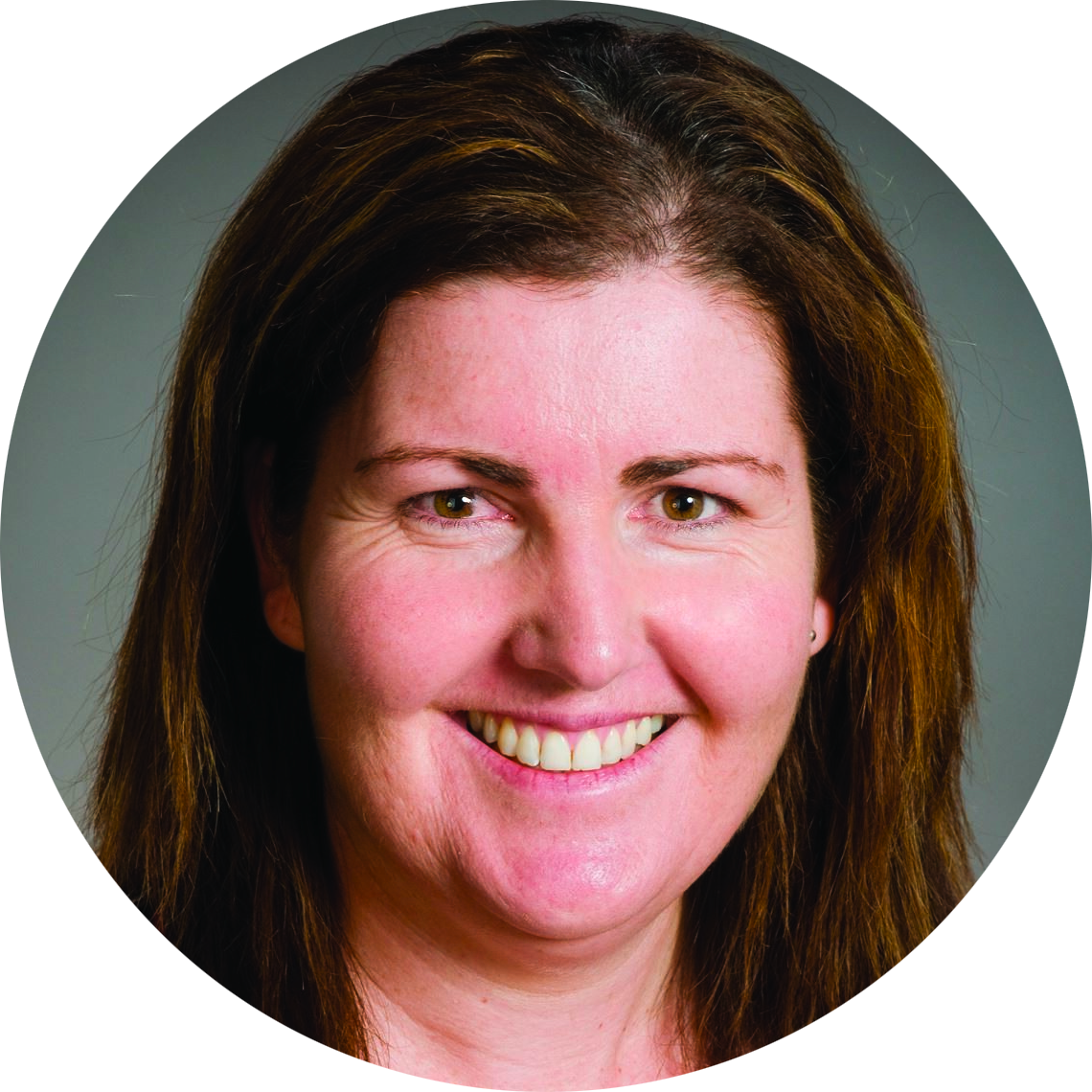
Victoria University of Wellington
$236,500
Identifying how kappa opioids promote remyelination and recovery in multiple sclerosis?
Multiple sclerosis (MS) is a neurodegenerative disease with no cure that affects 2.8 million people worldwide, including around 4000 New Zealanders, causing significant long-term disability. Currently, no drugs are available that enable the repair of damaged myelin or promote functional recovery in MS. A recent breakthrough identified that activation of the kappa opioid receptor promoted recovery and repair in MS models of disease. However it is not known how this occurs. This study aims find out how kappa opioids enable repair and recovery. This research holds immense potential for developing new drugs to treat MS patients and reduce disability.

University of Otago
$291,046
Therapeutic potential of agmatine for maternal immune activation offspring
Prenatal exposure to viral infection increases offspring’s risk of developing neuropsychiatric diseases, such as schizophrenia and autism. The COVID-19 pandemic caused by the SARS-CoV-2 virus has resulted in over 200 million infections worldwide, including pregnant women. Thus, the impact of the COVID-19 pandemic on offspring will be a critical health issue on a global scale. This project will use the maternal immune activation (MIA) model in rats to assess prenatal and postnatal agmatine treatment on offspring following prenatal exposure of their mothers to a viral mimic. This information may enhance the development of prevention and/or therapeutic strategies for MIA offspring.
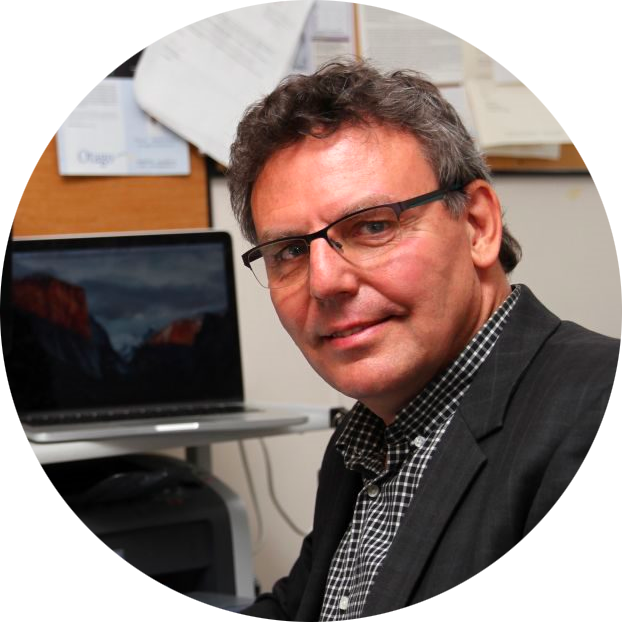
University of Otago
$273,632
Novel targeted therapies for Parkinson’s disease using smart drug delivery technology
This project will investigate a new treatment for Parkinson’s disease (PD), designed to improve the stability of PD treatment over time. The missing neurochemical dopamine will be replaced by medications enclosed in biological packages and targeted to specific brain areas using ultrasound, to more closely emulate the short, fast changes in dopamine levels that our brains experience in health. This will be compared to conventional dopamine replacement methods to determine if this system will provide effective treatment, while minimising side effects. The aim is to demonstrate the therapeutic value of providing targeted drug therapy to the brain to provide lasting treatment for people living with PD.
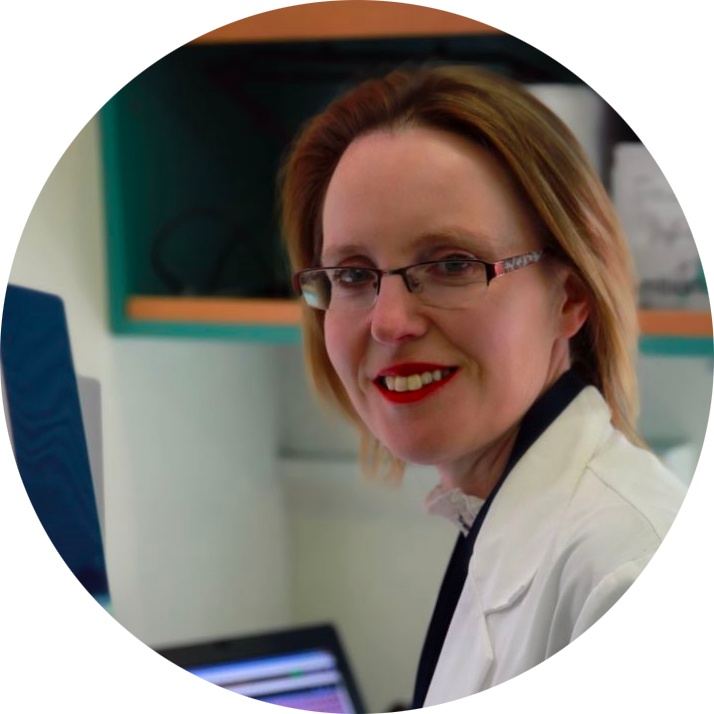
University of Otago
$233,997
Forgetting to remember: Identifying the early molecular and cellular changes underpinning development of pre-clinical Alzheimer’s disease
Alzheimer’s disease is a devastating, degenerative disorder affecting the very core of an individual’s personality. It silently develops up to twenty years before any symptoms are detected, during which the brain activates multiple compensatory mechanisms, but which ultimately lead to degeneration. Understanding of these mechanisms at the cellular level is limited and so here, using very recent technological advances in genomics, the team will examine these brain mechanisms at this early disease stage. This study will provide an in-depth molecular understanding of the early processes involved and aims to identify critical molecular "stop-signs" to disease development and identify new treatment candidates for this currently untreatable disease.
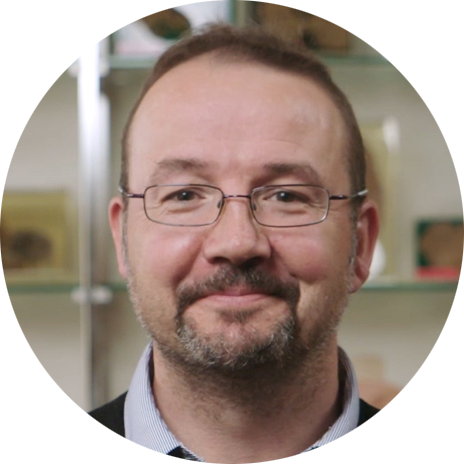
University of Auckland
$14,960
Development of highly sensitive and specific cell-based assays for the detection of autoantibodies in neurology patient samples
This research aims to generate highly sensitive and highly accurate cell-based assays to help the clinical diagnosis of different serious neurological autoimmune diseases. In addition, the team aims to generate the research tools to advance their research programs, as these assays will be instrumental in determining the pathological nature of patients’ autoantibodies. This latter area of clinical research is incredibly complex and can only be achieved with live cell based assays capable of interrogating the “effector functions” of the autoantibodies. This will help to show how an autoantibody causes neurological disease.
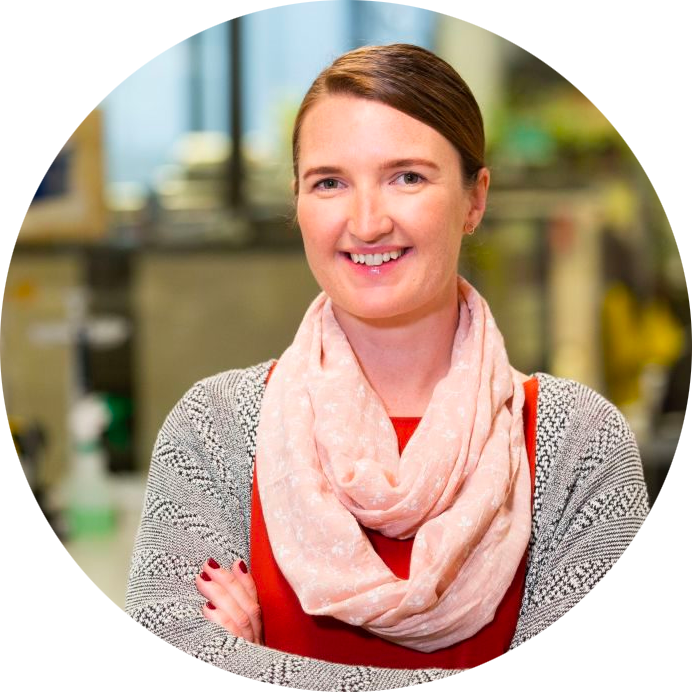
University of Auckland
$14,851
Improving health services for people with young onset dementia in Aotearoa: patient, caregiver and clinician perspectives
Although dementia is often associated with advanced aged, more than 5000 New Zealanders are living with young onset dementia, defined as dementia with symptom onset under the age of 65. Diagnosis of young onset dementia takes a long time: over 4 years on average. Timely diagnosis is very important for patients and whānau, so the aim of this project is to interview patients, their care partners, and clinicians, to identify ways to improve the diagnosis of young onset dementia in Aotearoa.
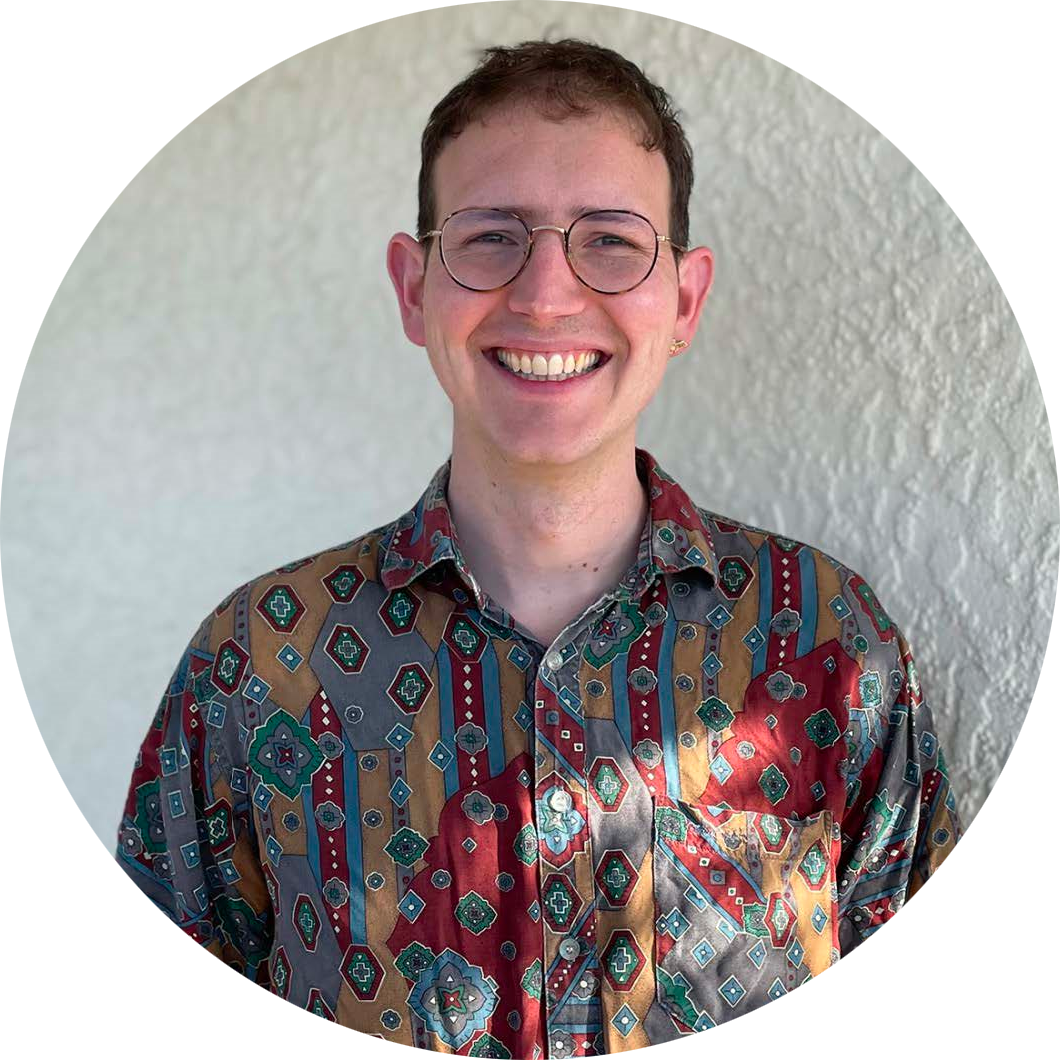
University of Auckland
$191,177
Mapping migraines: Widening the net beyond CGRP
Migraine is a common neurological disorder, affecting 15% of the population. New drugs targeting the CGRP system have been approved to treat migraine. However, these drugs are only effective in half of patients and can have severe intestinal side-effects. New data implicates CGRP-related receptors in migraine but we do not know how they contribute because we do not know their locations in neural tissue. This fellowship will map the distribution of these receptors. The results will help explain how current drugs work, and how we might improve on them.

University of British Columbia
$125,200
Neuropsychiatric symptoms and their neuroimaging correlates in presymptomatic mutation carriers of familial frontotemporal dementia
Frontotemporal dementia is a type of dementia which affects language, behaviour and personality, and is the second most common type of dementia after Alzheimer’s in patients under age 65. A genetic mutation responsible for the disease can be found in over 40% of cases. This study will look at the changes in behaviour and cognition, as well as changes on MRI scans, in those who carry these mutations before they develop dementia. Using this information, the team hope to be able to detect signs of the disease at an earlier stage, where potential treatments are more likely to be effective.
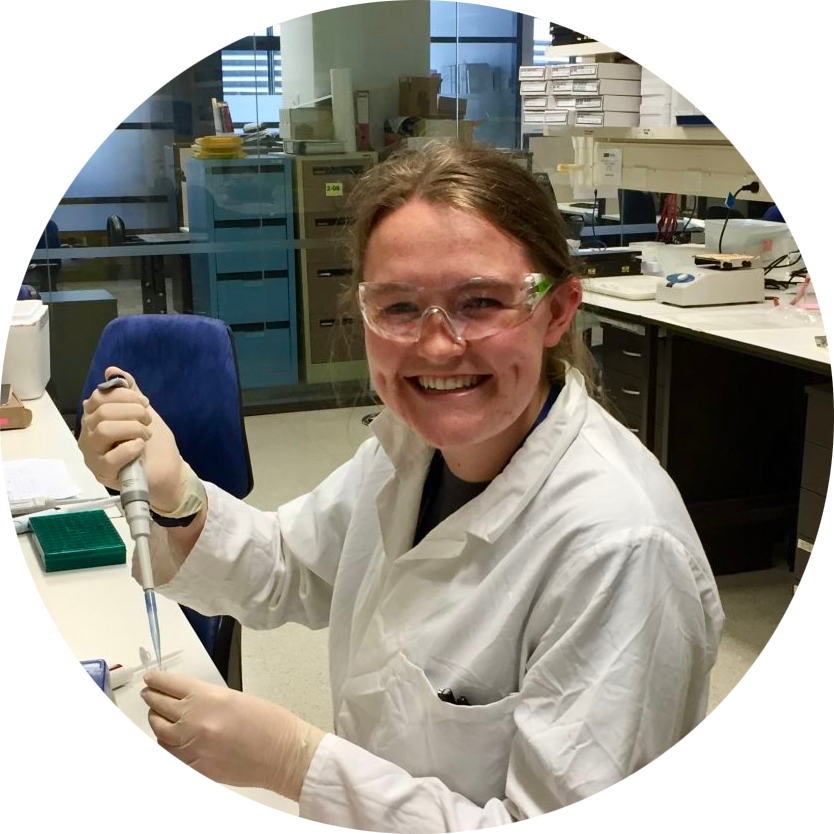
University of Auckland
$117,953
Transplantation of 3D encapsulated directly reprogrammed human-induced oligodendrocyte precursor cells (hiOPCs) for remyelination therapy to treat Multiple Sclerosis
Supervisor: Dr Amy McCaughey-Chapman
Oligodendrocytes are a type of cell of the central nervous system that secretes a fatty substance called myelin, which is important for efficient nerve cell communication. Multiple Sclerosis (MS) is a devastating autoimmune disease in which oligodendrocytes and myelin are lost. This team has developed the ability to convert human skin cells into oligodendrocyte precursor cells (hiOPCs) which can generate mature oligodendrocytes with the potential to remyelinate nerve fibers. This project aims to demonstrate the ability of hiOPCs to remyelinate and restore nerve function in a mouse model of MS, highlighting the therapeutic potential of hiOPC transplantation for MS.
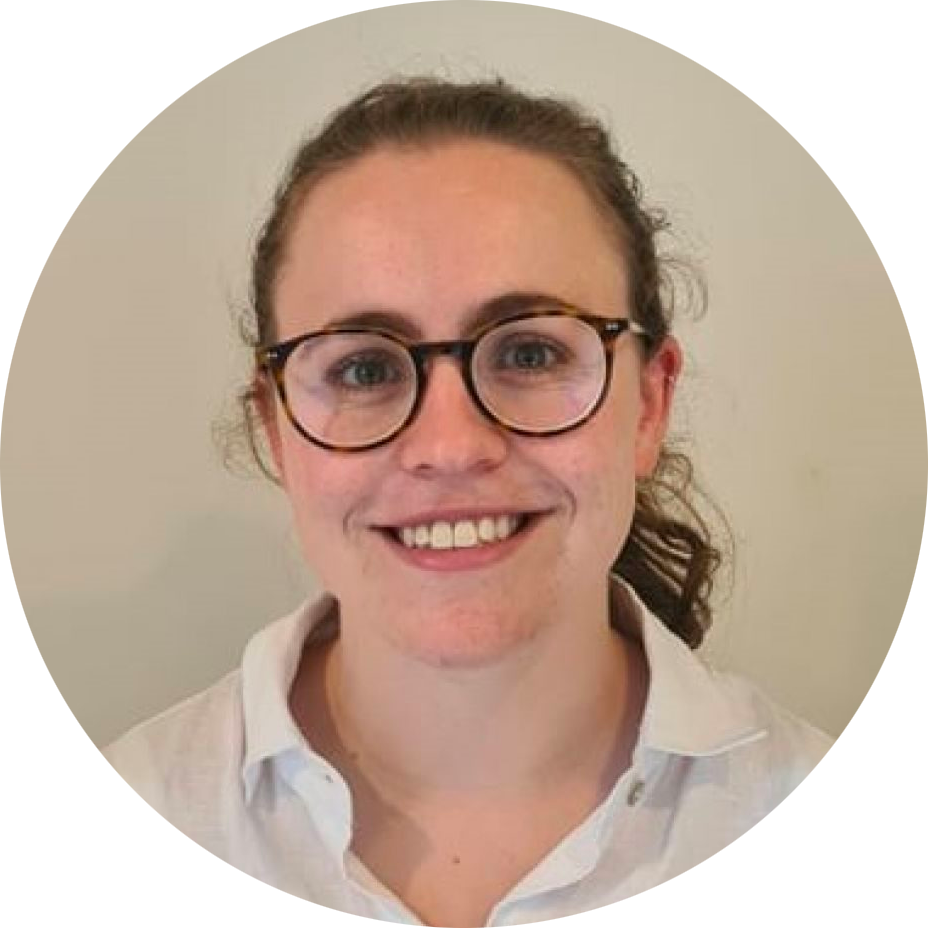
University of Auckland
$81,388 (two years only)
Diagnosis and treatment of mild hypoxic-ischaemic encephalopathy with erythropoietin
Supervisor: Dr Joanne Davidson
In New Zealand, nearly 70 babies per year will develop brain damage because of moderate or severe oxygen deprivation during birth, leading to death or disability. Growing evidence now suggests that even babies who have suffered milder oxygen deprivation are also at risk of developing brain damage, but this is not well understood and there are no approved treatments. This project will test if the drug erythropoietin will prevent brain damage after mild oxygen deprivation. This research will help to develop a treatment to prevent brain damage in babies who have suffered mild oxygen deprivation at birth.
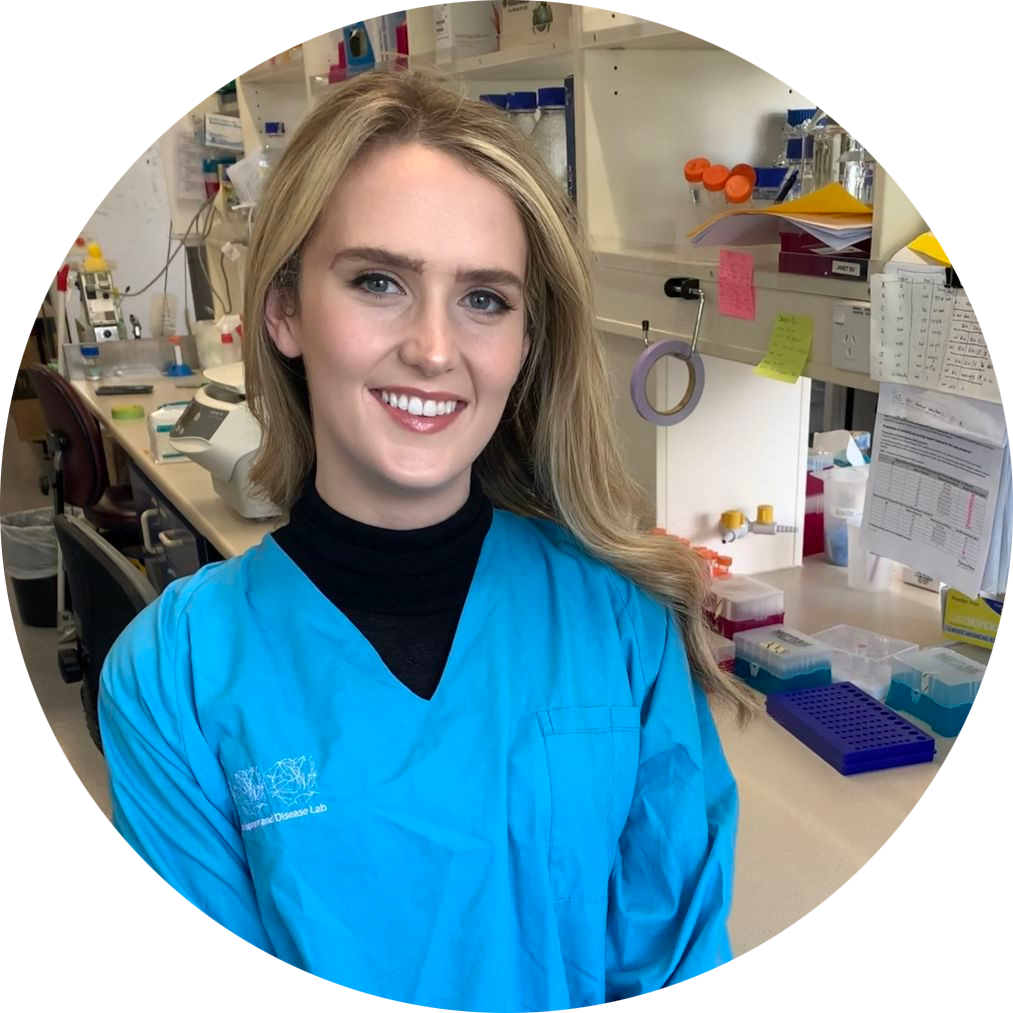
University of Otago
$124,538
Identifying Superheroes in Neurodegenerative Disease
Supervisor: Assoc Prof Stephanie Hughes
"Superhero genes" may provide a new way of tackling neurological disease. "Genetic superheroes" are individuals harbouring disease-causing genetic mutations yet remain healthy thanks to the presence of a second variant in a "superhero gene" which somehow compensates for the original mutation. In order to identify genetic superheroes in our population and further understand this phenomenon, millions of individuals would need to have their genomes sequenced. Instead, this project will screen for superhero genes in a novel human neuronal model. Identifying superhero genes in this project could help generate new therapeutic targets for a whole range of brain diseases such as Alzheimer’s and Parkinson’s disease.
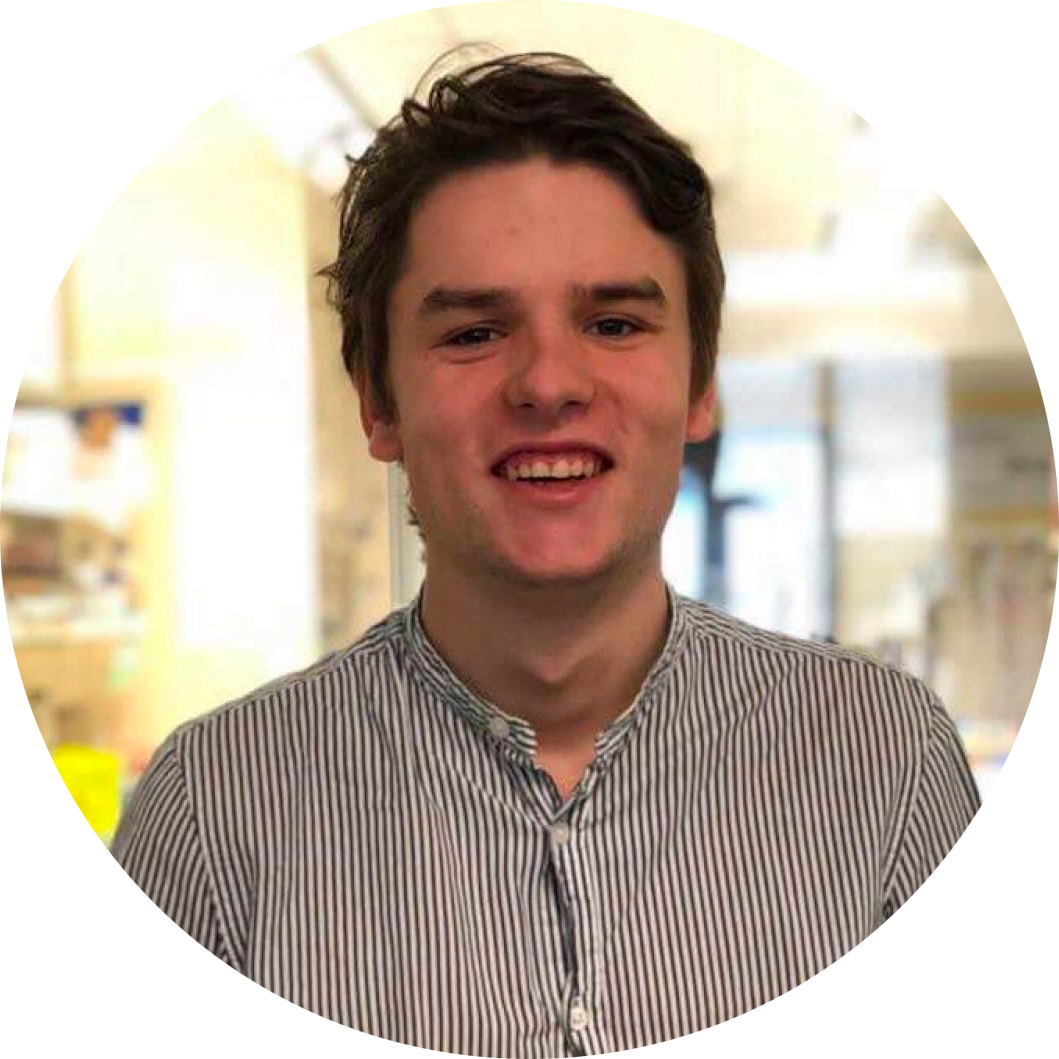
University of Utah
$166,584
Virus-like propagation of Alzheimer’s disease pathology: the role of Arc and neuronal extracellular vesicles in Alzheimer’s disease
Alzheimer’s disease is a debilitating neurodegenerative disease which initially presents with short-term memory loss, followed by a decline in cognitive function. Within brains of Alzheimer’s disease patients, there is progressive accumulation of toxic protein aggregates, leading to impaired neuronal function. Recently, a novel mechanism of neuronal communication has been identified, which may play a role in the spread of these toxic proteins. This project aims at uncovering whether this mechanism plays a role in the progressive accumulation of toxic protein aggregates and will offer insight into changes occurring in Alzheimer’s disease and identify new potential therapeutic targets
University of Otago
$6,000
The relationship between the memory enhancing molecule sAPPa and the cell surface expression of NMDA-glutamate receptors
Supervisor: Assoc Prof Joanna Williams
This project will advance our understanding of the biological mechanisms that underlie the memory-enhancing effects of the naturally occurring protein, secreted amyloid precursor protein-α (sAPPα). Specifically, it will reveal the effect of sAPPα on the molecular makeup of the site of interneuron communication, the synapse. The focus will be on “NMDA-glutamate receptors” which are particularly important for the formation of memories. This work will prove useful when identifying potential therapeutic targets for Alzheimer’s disease (AD). Memory impairments are characteristic of AD and current treatments only provide short-term relief of the symptoms, but do not treat the underlying cause.
University of Otago
$6,000
Investigating the role of TRIM46 in axon regeneration
Supervisor: Dr Laura Gumy
This cell culture study will use genetic tools to silence TRIM46 protein expression in neurons typically found in the spinal cord. The project will analyse the changes in growth and regeneration of the neurons post-traumatic injury to learn more about the mechanisms for nerve regeneration. This could lead to further studies towards developing treatments for neurological disorders, such as spinal cord injury or Alzheimer's disease.
University of Otago
$6,000
Patterns of Practice in Cognitive & Neuropsychological Testing in Aotearoa New Zealand
Supervisor: Dr Paul Skirrow
Cognitive and neuropsychological tests are crucial for treatment and management of many neurological conditions. Currently, there is no standardised training for neuropsychology in New Zealand, nor are there local ‘standards’ or ‘guidelines’ for cognitive assessment. As a result, psychologists have largely adopted practices based on approaches from overseas, which are considered unsuitable for use in New Zealand and potentially discriminatory towards Māori. An in-depth study of current neuropsychological practice in New Zealand, including an evaluation of the validity of tests in this context, should allow neuropsychologists to better meet the needs of New Zealanders with neurological conditions.


